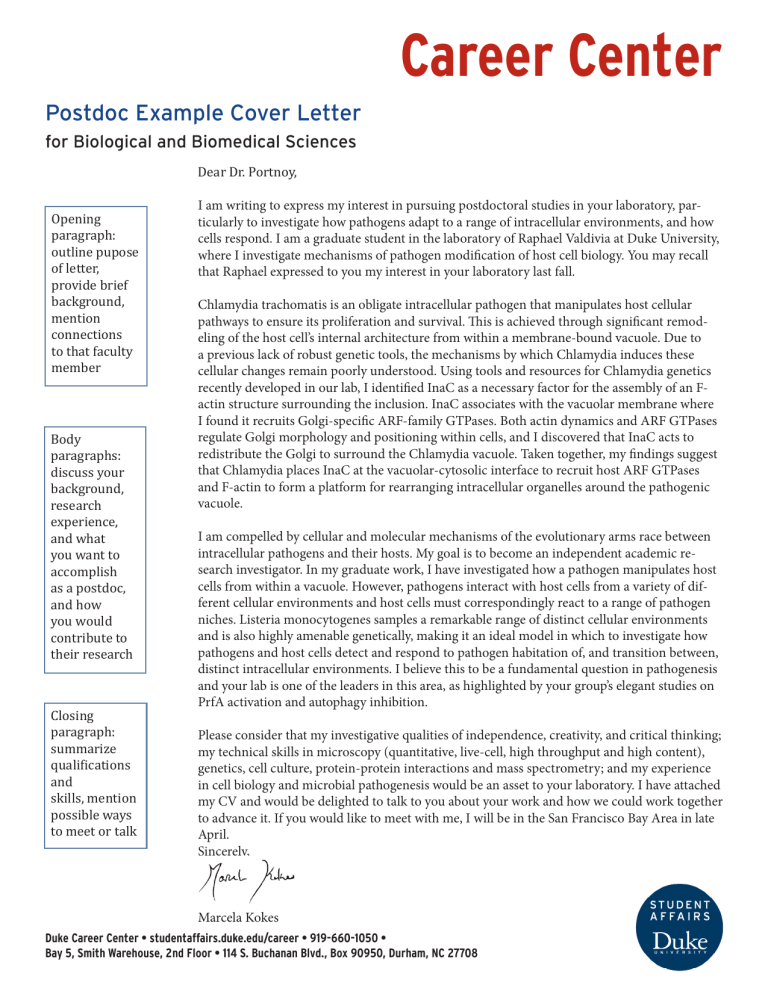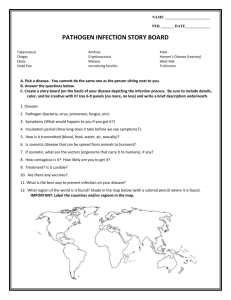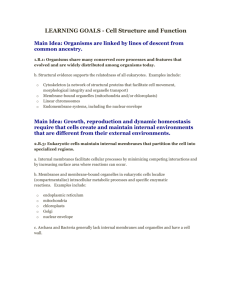
Career Center Postdoc Example Cover Letter for Biological and Biomedical Sciences Opening paragraph: outline pupose of letter, provide brief background, mention connections to that faculty member Body paragraphs: discuss your background, research experience, and what you want to accomplish as a postdoc, and how you would contribute to their research Closing paragraph: summarize qualifications and skills, mention possible ways to meet or talk Dear Dr. Portnoy, I am writing to express my interest in pursuing postdoctoral studies in your laboratory, particularly to investigate how pathogens adapt to a range of intracellular environments, and how cells respond. I am a graduate student in the laboratory of Raphael Valdivia at Duke University, where I investigate mechanisms of pathogen modification of host cell biology. You may recall that Raphael expressed to you my interest in your laboratory last fall. Chlamydia trachomatis is an obligate intracellular pathogen that manipulates host cellular pathways to ensure its proliferation and survival. This is achieved through significant remodeling of the host cell’s internal architecture from within a membrane-bound vacuole. Due to a previous lack of robust genetic tools, the mechanisms by which Chlamydia induces these cellular changes remain poorly understood. Using tools and resources for Chlamydia genetics recently developed in our lab, I identified InaC as a necessary factor for the assembly of an Factin structure surrounding the inclusion. InaC associates with the vacuolar membrane where I found it recruits Golgi-specific ARF-family GTPases. Both actin dynamics and ARF GTPases regulate Golgi morphology and positioning within cells, and I discovered that InaC acts to redistribute the Golgi to surround the Chlamydia vacuole. Taken together, my findings suggest that Chlamydia places InaC at the vacuolar-cytosolic interface to recruit host ARF GTPases and F-actin to form a platform for rearranging intracellular organelles around the pathogenic vacuole. I am compelled by cellular and molecular mechanisms of the evolutionary arms race between intracellular pathogens and their hosts. My goal is to become an independent academic research investigator. In my graduate work, I have investigated how a pathogen manipulates host cells from within a vacuole. However, pathogens interact with host cells from a variety of different cellular environments and host cells must correspondingly react to a range of pathogen niches. Listeria monocytogenes samples a remarkable range of distinct cellular environments and is also highly amenable genetically, making it an ideal model in which to investigate how pathogens and host cells detect and respond to pathogen habitation of, and transition between, distinct intracellular environments. I believe this to be a fundamental question in pathogenesis and your lab is one of the leaders in this area, as highlighted by your group’s elegant studies on PrfA activation and autophagy inhibition. Please consider that my investigative qualities of independence, creativity, and critical thinking; my technical skills in microscopy (quantitative, live-cell, high throughput and high content), genetics, cell culture, protein-protein interactions and mass spectrometry; and my experience in cell biology and microbial pathogenesis would be an asset to your laboratory. I have attached my CV and would be delighted to talk to you about your work and how we could work together to advance it. If you would like to meet with me, I will be in the San Francisco Bay Area in late April. Sincerely, Marcela Kokes Duke Career Center • studentaffairs.duke.edu/career • 919-660-1050 • Bay 5, Smith Warehouse, 2nd Floor • 114 S. Buchanan Blvd., Box 90950, Durham, NC 27708

